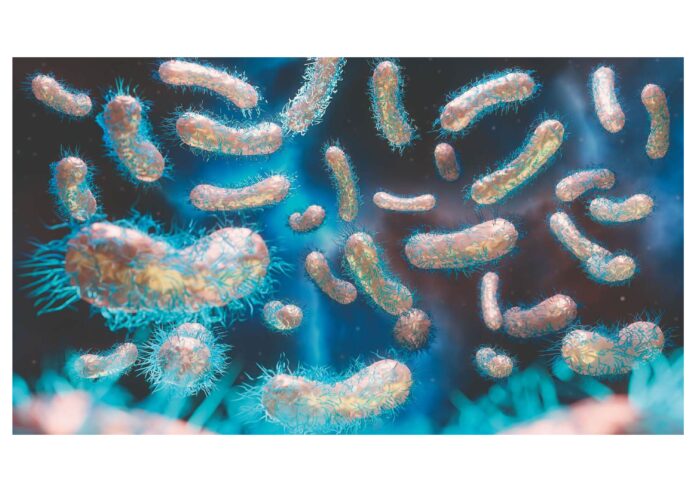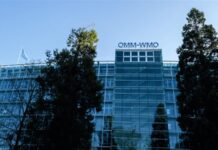More than 7700 cholera cases, including 1000 cases in children under the age of five, and 185 associated deaths have been reported in Khartoum State, Sudan, since January, according to health authorities. UNICEF and partners are working with the Federal Ministry of Health to curb the spread of the deadly disease and save lives.
Conflict has forced more than three million people to flee their homes in Khartoum State. With large parts of the state becoming more accessible, more than 34,000 people have returned since the beginning of 2025. Most are returning to damaged homes in areas where basic services, including water and sanitation, are largely unavailable, with more than one million children estimated to live in the affected localities.
Recent continuous attacks on power plants have disrupted electricity supply and worsened water shortages, significantly impacting access to safe and clean water. This has forced many families to collect water from unsafe and contaminated sources, increasing the risk of cholera and other deadly waterborne diseases, especially in overcrowded neighbourhoods and displacement sites.
UNICEF is implementing a multi-pronged cholera response, targeting high-risk communities and supporting essential water infrastructure, including the provision of water treatment chemicals (polymer and chlorine) and a 1000 kilovolt-amperes generator to sustain operations at Al Manara Water Treatment Plant, serving more than one million people in Karrari and Old Omdurman.








